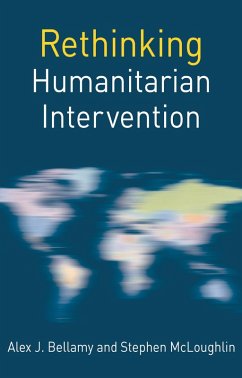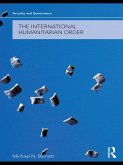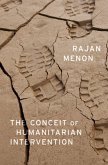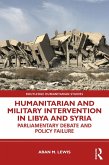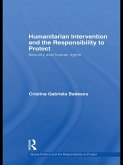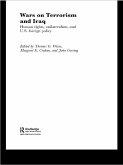Two leading experts in the field re-examine the traditional understanding of humanitarian intervention in this major new text. The recent high-profile interventions in Iraq, Libya and Syria show the various international responses to impending or ongoing humanitarian crises, tracking the development from ad hoc military interventions to a more formalised international human rights regime. This evolution has fundamentally changed the way that states and international society think about, and respond to, atrocities. This textbook charts and explains the transformation, examines the challenges that confront it, and asks whether this new politics can withstand the growing crises in international politics. The human protection system is not perfect, but attempts to reduce both the incidence and lethality of atrocity crimes.
The authors argue that armed intervention alone is rarely sufficient to halt humanitarian atrocities, but must be understood within the wider context of peacemaking, including non-violent action. The requirement for states to intervene is codified in international law, and this raises important practical, political and moral questions for consistent humanitarian action.
Based on the authors' two decades of research, this text is the ideal companion for students of International Relations, taking modules on Humanitarian Intervention and the Responsibility to Protect at undergraduate and postgraduate levels.
The authors argue that armed intervention alone is rarely sufficient to halt humanitarian atrocities, but must be understood within the wider context of peacemaking, including non-violent action. The requirement for states to intervene is codified in international law, and this raises important practical, political and moral questions for consistent humanitarian action.
Based on the authors' two decades of research, this text is the ideal companion for students of International Relations, taking modules on Humanitarian Intervention and the Responsibility to Protect at undergraduate and postgraduate levels.

